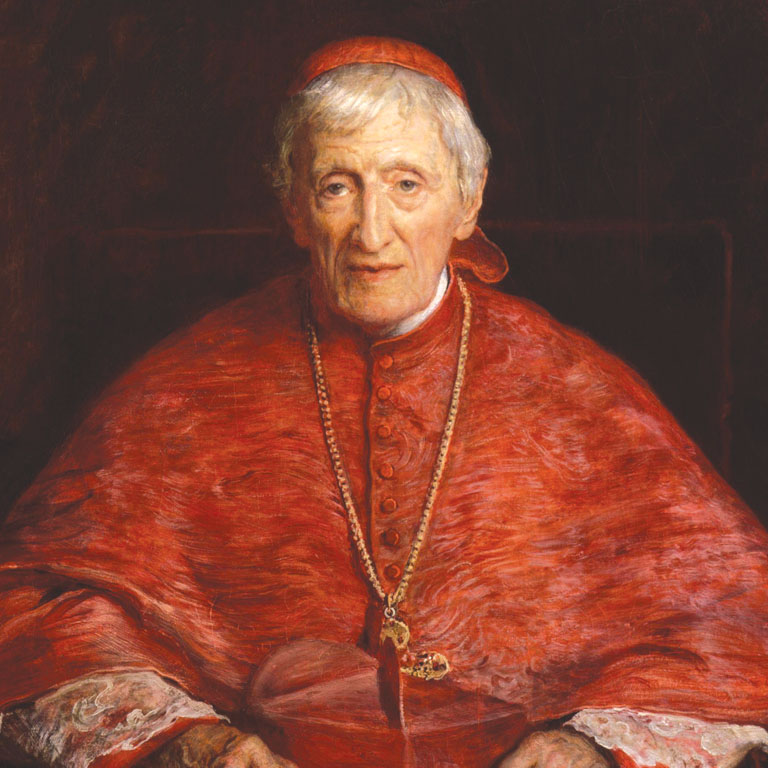(An individual realisation of the linguistic genre of sermon in John Henry Newman’s Parochial and Plain Sermons) Silesian Historical and Theological Studies 47 (2014) 1, 144-158.
The aim of the present paper is to analyse the structural, pragmatic, cognitive and stylistic aspects of the linguistic genre of sermon in Bl. John Henry Cardinal Newman C.O.’s Parochial and Plain Sermons. When it comes to the structural aspects, Newman’s sermons lack any compositional schema, described by rhetoric theories. In the Anglican Church of the Victorian era, sermons constituted a kind of “oral literature”, read from the pulpit during the service. From the pragmatic perspective, Newman’s example of life played a special role in his preaching as a means for communicating the Word of God. Newman’s sermons were delivered in a kind of supernatural atmosphere and created a mutual magnetism between the preacher and the listeners. In the cognitive dimension, Parochial and Plain Sermons constitute almost a compendium of Christian dogma, with emphasis on the practical application of theological truths in the Christian life. There are also numerous references to Newman’s personal life. From the stylistic perspective, Newman’s sermons strike with simplicity, connected with the so-called “real style”: Newman uses conventional language, avoids sophisticated rhetorical figures, and provides concrete examples from the Bible, everyday life, and the lives of saints and Church Fathers.

